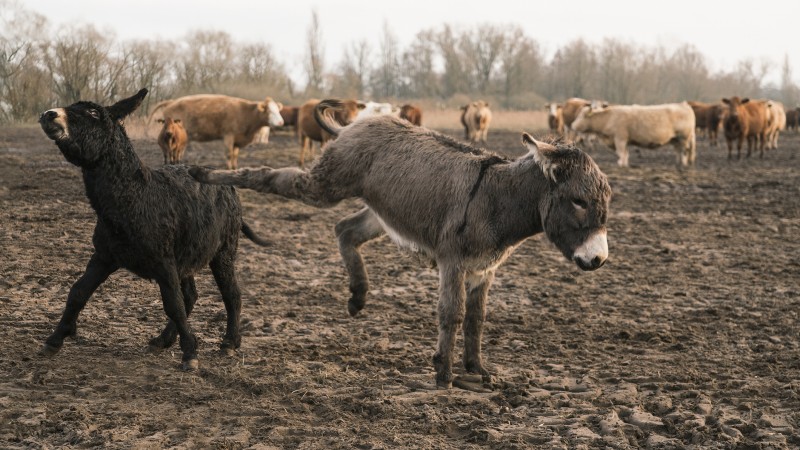Clinton-Appointed Judge Denies Trump DOJ Request To Unseal Epstein Grand Jury Material

Trump Defends Kiev’s Offensive Against Russia As Factory In Ukraine Struck By Moscow’s Missiles

Ex-CNN Anchor Chris Cuomo: The Democrat Party Is Dead Thanks To Far-Left Policies

Wall Street Meets Y’all Street: New York Stock Exchange Opens Texas Branch Becoming First State With Substantial NYSE Presence Outside NY

Special Report: America Under Total Attack

Abortion Has Wiped Out 28% Of Gen Z Generation

